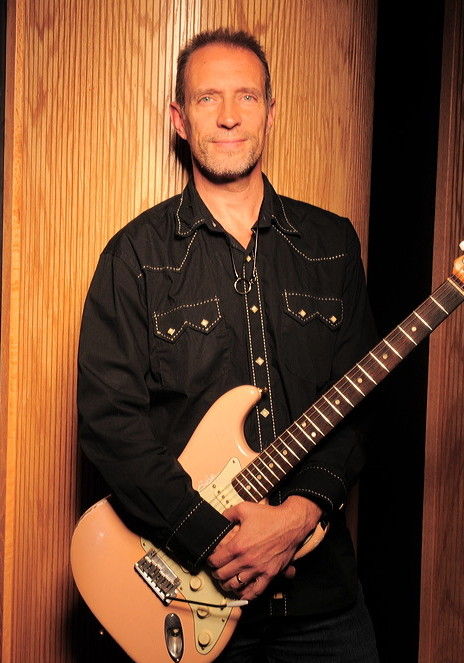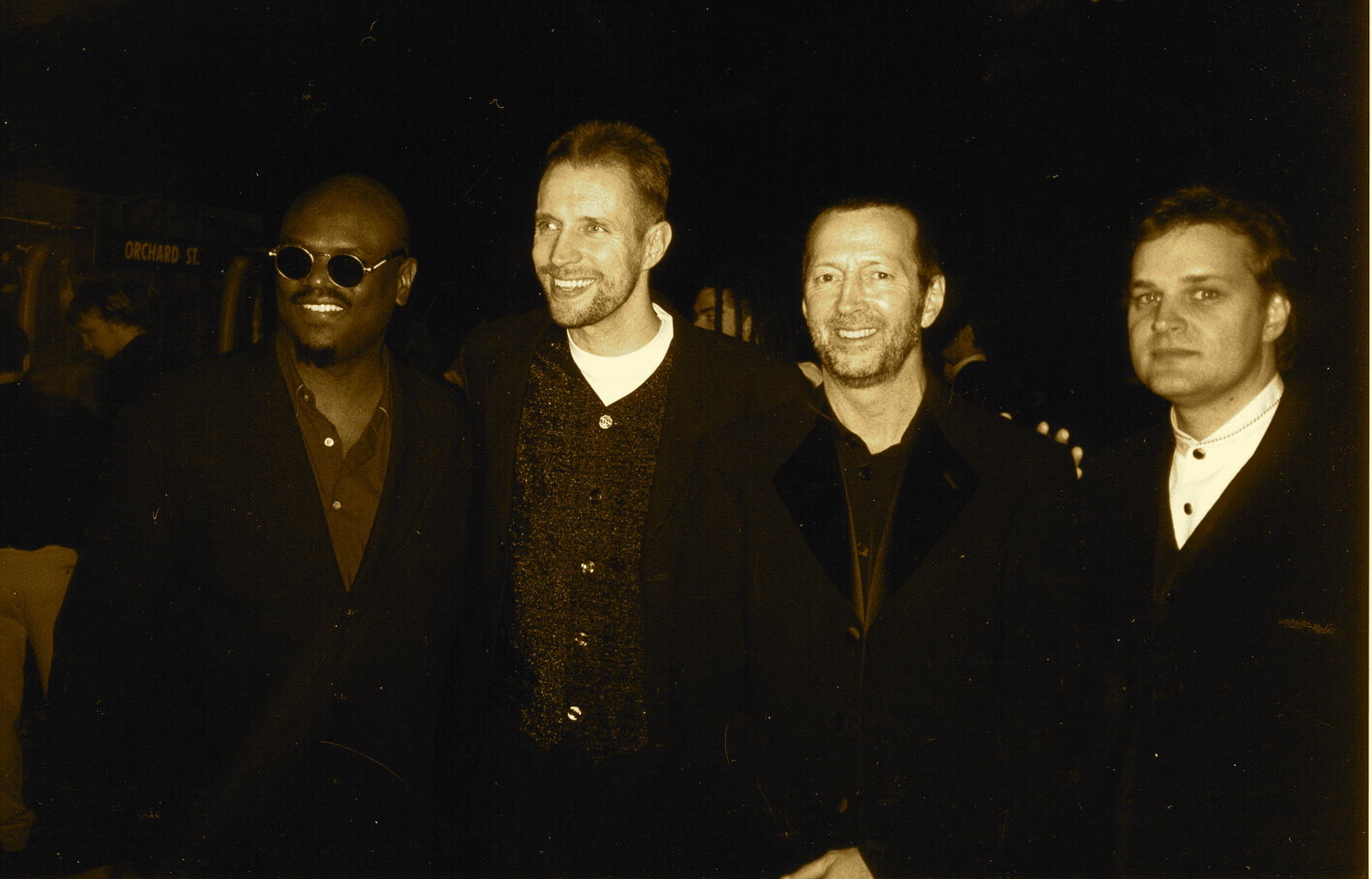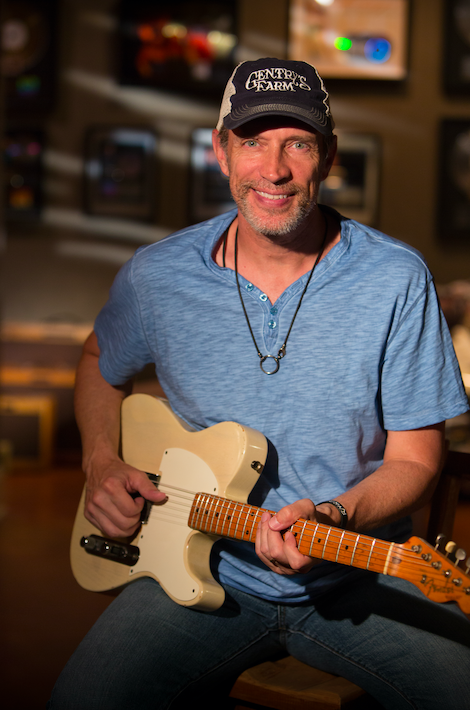A man with a wealth of stories and (at the moment), all the time in the world to tell them, an hour with multi-Grammy Award winning songwriter, record producer and guitarist Gordon Kennedy doesn’t do him justice. He’s immediately warm and down to earth when we catch up over Zoom, and by the end of our conversation he’s offering to give Headliner a guided tour around The Musicians Hall of Fame in Nashville – and he really means it. You’ve gotta love that southern hospitality.
“I’m doing just fantastic,” Kennedy breezes in his relaxed, southern drawl (born in Louisiana, his family moved to Nashville when he was one), speaking to me from his home where he’s currently waiting for the green light to resume the Garth Brooks Stadium shows that started in 2019. Kennedy has written 15 songs recorded by Brooks and they have been friends for years.
“He is the best,” he says of Brooks. “There's nobody like that guy. If you ever get a chance to cross paths with him, you will know what I'm talking about. To do this with him is an adventure to say the least.”
Both his parents were professional musicians who came to Nashville hoping to advance their careers. His father, Jerry Kennedy, was a guitar player in the house band of Louisiana Hayride, and his late mother was Linda Brannon – a singer on the show with her own recording career.
“I remember growing up riding in the family car, and my dad was constantly reaching for the volume on the radio going, ‘I think I played on this!’ All these years later, I'm still learning records that he played on that I did not know about growing up – there's just too many to count. I was always surrounded by musical instruments, guitars and amps.
"My first record player was a Seeburg 100 jukebox that played 45 vinyl records, and there was an upright piano on the wall adjacent to it, and he would bring home reel to reel tapes of whatever he had produced in the studio that day, like Roger Miller, Jerry Lee Lewis, The Statler Brothers, Reba McEntire, and all these great artists.”
Kennedy’s father bought him a Fender Telecaster for Christmas when he was 15 years old, and he never looked back. In fact, he tells me that very guitar is about 30 feet from him as we speak.
“It ain't going nowhere! That just changed my life, and I have not done anything else since getting that guitar. I've never worked outside of being a musician, a songwriter and producer. From the time I was probably about six years old, all I wanted was to do what my dad did.”
This, along with a basement full of his father’s guitars, a jukebox and a piano, nourished and inspired him as he became one of music’s finest songwriters, producers and players.
Kennedy’s most successful composition is the international hit song Change The World, recorded by Eric Clapton for which Kennedy and his co-writers Tommy Sims and Wayne Kirkpatrick received a Grammy Award for Song of the Year in 1996. It also spent a record-breaking 81 weeks on the top of the charts.
“We had a label in New York that was entertaining us for about a year,” he remembers. “They kept saying to us ‘give us a pop song so we can put another zero behind the number’.”
During some downtime, Sims started playing the chord changes for the main riff that would go on to become Change The World, and the song then took shape after being passed around like a baton between the three songwriters.
“At some point Wayne would ask Tommy to record a little riff and put it on a tape, and then he would start working on some lyrics. He would get to a certain point where he stopped, and then I would finish his lyrics and finish the music. Tommy and I recorded the demo almost a year after the session where he had first played us that idea.
"What's interesting about that song is that none of us were ever together when each of us wrote the parts we wrote – it was all done separately over the course of a year, like a relay. Then it was another four years before Clapton had the song out on the radio and was a single from the soundtrack for the movie Phenomenon, and then the Grammys and all that happened.”






